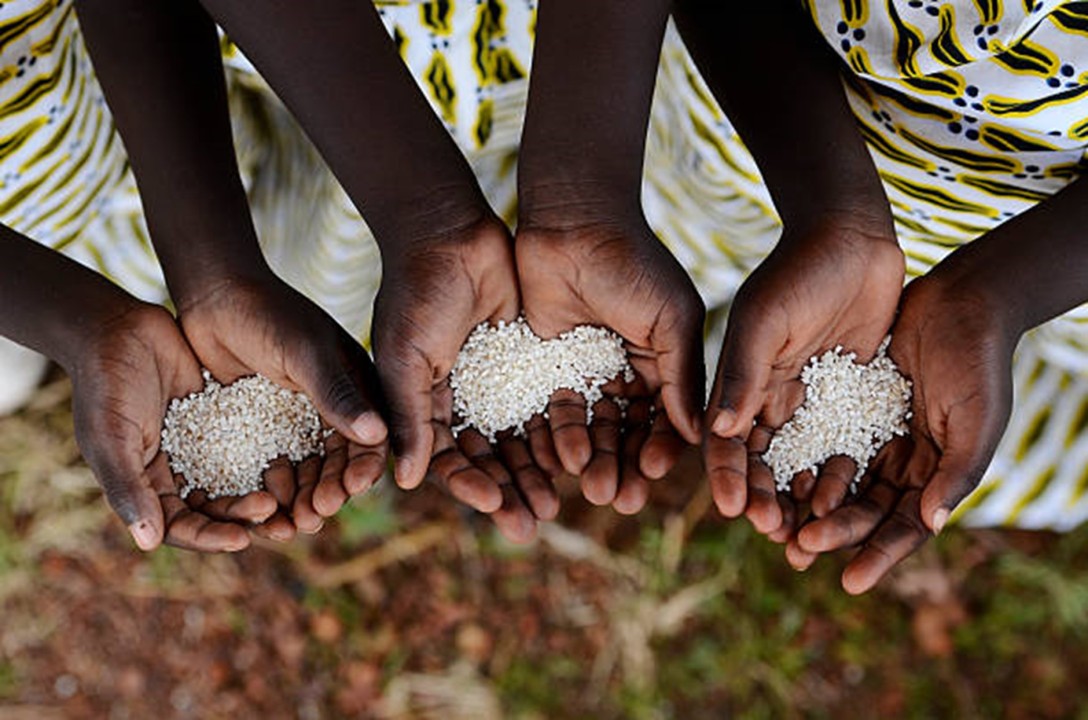providencemarianwood.org – Zimbabwe, a country rich in natural resources and potential, faces a complex interplay of economic challenges and opportunities. The nation’s economic landscape is shaped by historical, political, and global factors, which have both hindered and propelled its development. This article explores the current economic status of Zimbabwe, highlighting the key challenges and the potential for growth.
Economic Challenges
Historical and Political Factors
Zimbabwe’s economic challenges are deeply rooted in its history and political landscape. The country has experienced significant political instability and economic mismanagement, which have contributed to its economic woes. The socio-economic and political challenges have had a profound impact on the development of not only Zimbabwe but also the broader Southern African region.
Corruption and Lack of Rule of Law
High levels of corruption and a lack of the rule of law are significant obstacles to economic development in Zimbabwe. These issues have undermined investor confidence and hindered economic growth. The activities of the Reserve Bank of Zimbabwe, which have been criticized for quasi-fiscal activities, further complicate the economic environment.
Economic Growth and Real GDP
Despite some signs of recovery, Zimbabwe’s economic growth Spaceman remains sluggish. Real GDP growth has been modest, with estimates suggesting a 5.5% growth in 2023, down from a 6.5% growth in the previous year. This indicates that while there is some recovery, the economy is still fragile and susceptible to external shocks.
Global Challenges and Natural Disasters
Zimbabwe’s economy is also affected by global challenges such as the COVID-19 pandemic and natural disasters. These factors have exacerbated economic difficulties, leading to social and economic impacts that further complicate the recovery process.
Economic Opportunities
Accelerated Economic Activity
Despite the challenges, there are signs of economic recovery and growth. Economic activity has accelerated in Zimbabwe, making it one of the fastest-growing economies in the Southern African region. This acceleration is a positive indicator of potential for sustained growth.
Recovery and Potential for Growth
The World Bank has noted that while Zimbabwe’s economy is set for recovery, it is crucial to address key risks to ensure sustainable growth. The focus on overcoming economic challenges, managing natural disasters, and addressing the impacts of the pandemic are critical steps towards achieving this goal.
Investment and Development
There are opportunities for increased investment and development in Zimbabwe. The country’s natural resources and strategic location offer potential for growth in various sectors. However, addressing the challenges of corruption, improving the rule of law, and creating a more stable political environment are essential to attract investment and foster economic development.
Conclusion
Zimbabwe’s economic landscape is marked by a complex interplay of challenges and opportunities. While historical and political factors have hindered economic development, there are signs of recovery and potential for growth. Addressing the challenges of corruption, improving the rule of law, and leveraging natural resources and strategic location are key to unlocking Zimbabwe’s economic potential. The path forward requires a concerted effort from both the government and the international community to ensure sustainable and inclusive growth.
